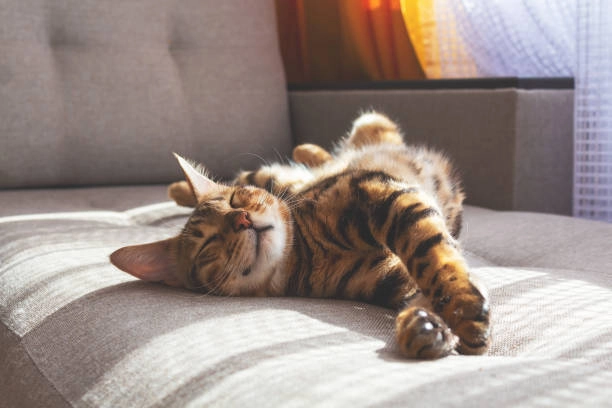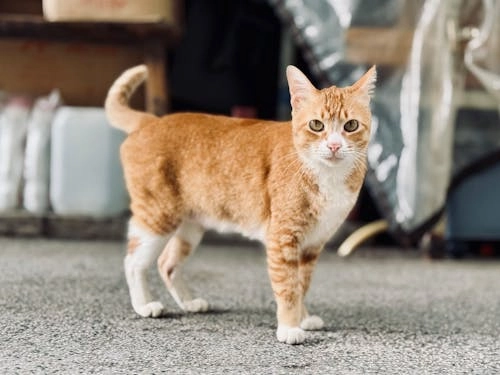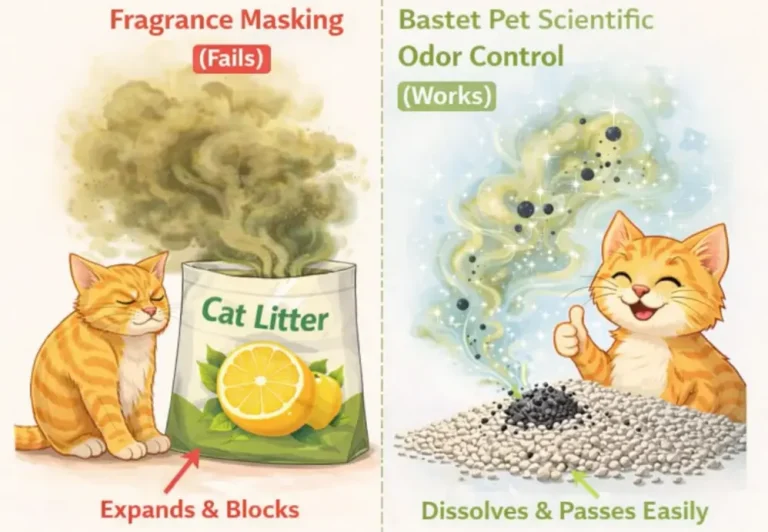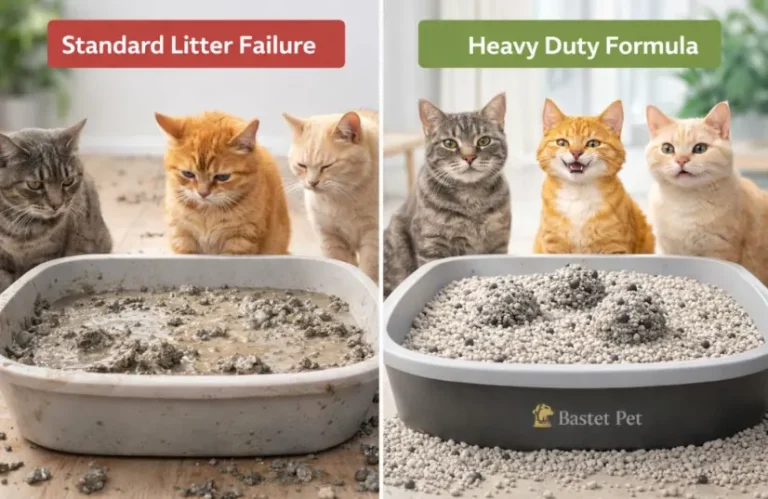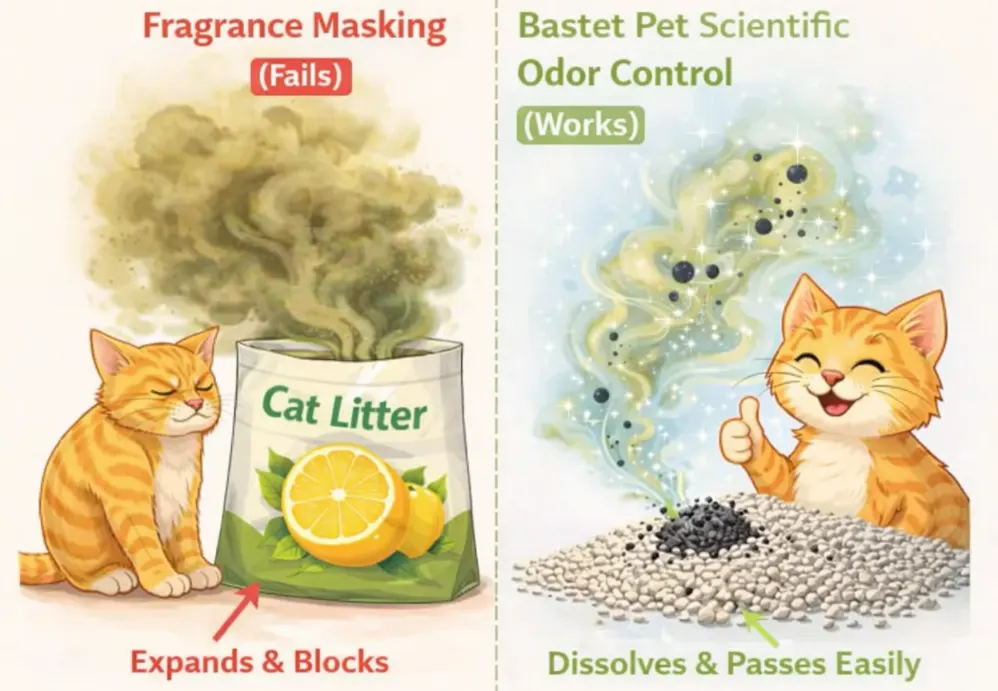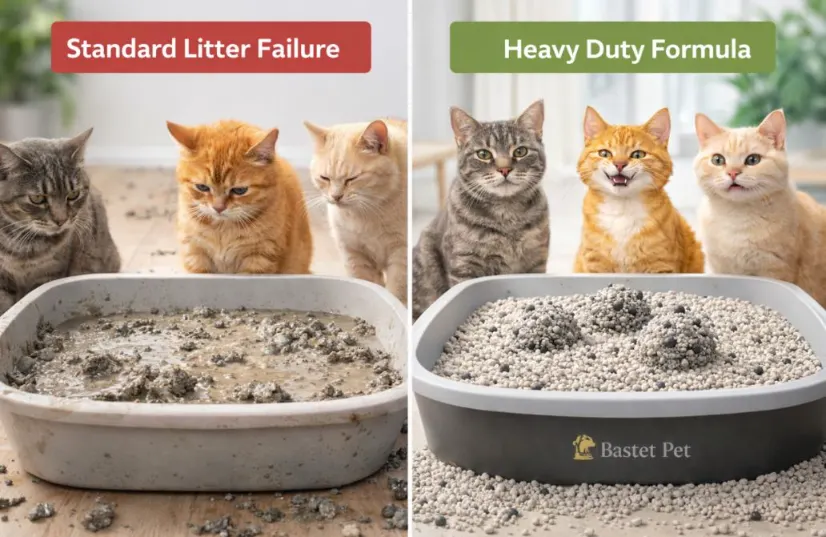Understanding the Causes of Cat Litter Odor
The Function of Cat Waste in Odor Production
Cat feces are the main sources of the stench in the litter box. When a cat passes urine, it secretes ammonia, one of the main sources of the stink. Meanwhile, feces hold bacteria that produce sulfur compounds and other volatile substances. These contribute to the stench. Proper handling of cat manure is necessary in order to minimize these foul odors.

How Diet Shapes Waste Smell
What a cat eats has a big impact on the odor of its waste. Diets packed with protein often lead to more potent urine and feces. This happens because of higher levels of nitrogen-based waste. On the flip side, fiber-rich diets might ease odors by aiding digestion. Picking a well-rounded diet for your cat is a smart move to tackle litter box smells.
Myths About Litter Scents
Many folks think perfumed litters can fully hide or wipe out odors. That’s not always true. Scented litters might briefly mask smells, but they don’t tackle the root cause—waste breaking down. Sometimes, these fragrances can even bother a cat’s sensitive nose. This could make them avoid the litter box altogether.

Factors That Influence Odor Strength in Your Home
Effect of a Cat’s Health and Age
A cat’s health and age play big roles in how strong litter box odors get. Older cats or those with conditions like kidney trouble may produce sharper-smelling waste. Routine vet visits can spot health issues that might ramp up odors.
Why Litter Box Cleanliness Matters
Keeping the litter box clean is critical for odor control. A filthy box stinks and can put cats off using it. This might lead to messes elsewhere in the house. Making sure the litter box stays tidy and waste-free keeps your home smelling nice.
How Home Airflow Affects Odor
Good airflow in your home can cut down on litter box smells. Moving air helps scatter bad odors so they don’t hang around. Try putting the litter box in a spot with fresh air. Using fans can boost airflow and keep odors from building up.
Top Tips for a Fresh-Smelling Litter Box
Scooping Daily and Changing Litter Often
Scooping every day is key to stopping odors. Getting rid of waste fast prevents ammonia from piling up and bacteria from growing. Plus, swapping out all the litter now and then clears out soaked-in smells. It gives your cat a clean slate.
Finding the Right Number of Litter Boxes
You should have as many litter boxes as cats—or more. This ensures each cat has a clean spot when they need it. It cuts down on stress and odor problems from too many cats sharing or a box not being cleaned enough.
Cleaning Tricks to Freshen the Litter Box
Good cleaning habits are crucial for deodorizing the litter box. Use gentle soap and warm water to scrub off leftover bits. Steer clear of strong chemicals that might scare your cat away. Let the box dry fully before adding fresh litter. This stops mold and related smells.
Diet Tweaks to Cut Down Waste Odor
Choosing Top-Notch Proteins and Grain-Free Options
Picking the right food for your cat is essential for managing litter box smells. Going for high-quality proteins can really change how waste smells. These proteins digest better, meaning less waste and weaker odors. Grain-free diets can also help by cutting out fillers that lead to stinkier waste. When choosing food, talk to a vet to make sure it fits your cat’s needs while tackling odor.
How Probiotics and Enzymes Help with Odors
Probiotics and digestive enzymes boost your cat’s gut health. This affects waste odor. Probiotics add good bacteria to the gut, balancing things out and improving digestion. Better digestion means less smelly waste. Enzymes, too, break food down well. They help the body use nutrients and lower the odds of undigested bits adding to the stench. Adding these to your cat’s meals can be a solid way to keep litter box smells in check.
Supplements to Aid Odor Control in Cats
Why Probiotics Boost Gut Health
Probiotics do wonders for a cat’s gut, which ties straight into odor control. They keep gut bacteria in harmony, cutting down on tummy troubles that make waste smell worse. Adding probiotics to your cat’s routine supports digestion and can lead to a fresher litter box.
Omega-3s for Better Digestion
Omega-3 fatty acids are another tool to manage litter box odors through digestion. These healthy fats ease inflammation and smooth out the digestive process. They help the body take in nutrients and reduce gut swelling. This leads to less smelly waste. Adding omega-3s to your cat’s diet benefits their health and keeps your home fresher.
Frequently Asked Questions
What kind of diet works best to reduce cat litter odor?
A diet with high-quality protein and no grains is suggested for cutting litter box smells.
How do probiotics cut down on litter box stench?
Probiotics enhance gut health. This leads to better digestion and less smelly waste.
Do omega-3 fatty acids help with litter box odors?
Yes, omega-3s improve digestion. They can lessen the smell of cat waste.
Should I talk to a vet before switching my cat’s food or adding supplements?
It’s wise to check with a vet when altering your cat’s diet or starting new supplements.
For more info on BASTET (Tianjin) Pet Products Co., Ltd.’s customization services or questions about their products, feel free to get in touch. They can help with your pet care needs.

